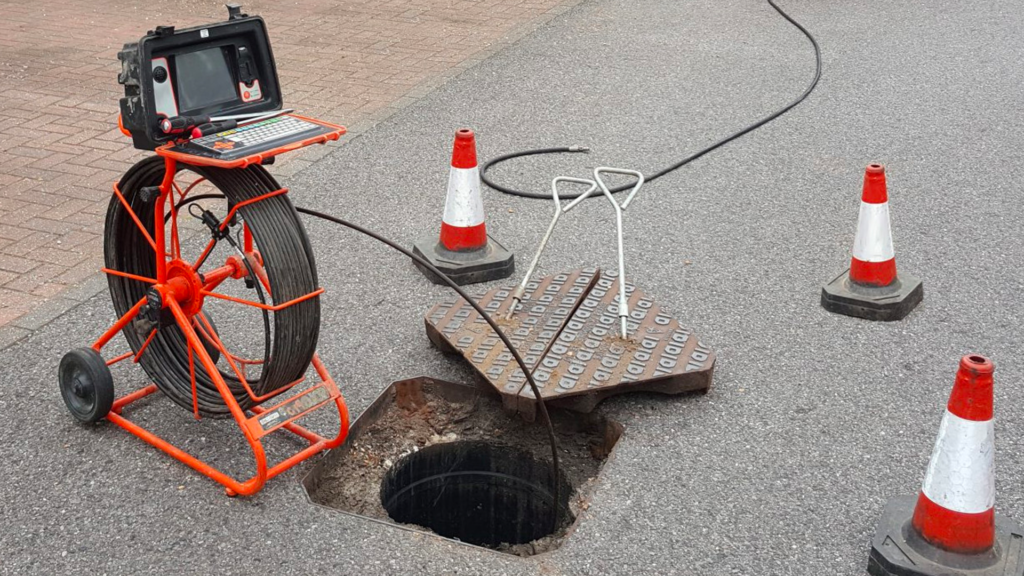Excitement About Reclaim Waste
Table of ContentsReclaim Waste for BeginnersReclaim Waste - An OverviewUnknown Facts About Reclaim WasteThe 8-Minute Rule for Reclaim WasteFascination About Reclaim Waste
Explore the kinds, incidents, and forms of fluid waste. Residential sewer waste describes the waste and products from a domestic septic container. This kind of waste is created by human beings in residences, institutions, and various other structures. This only includes septic tanks that have a drainpipe field. The proper monitoring and disposal of domestic sewer waste need fluid waste to be transferred to a sewage therapy plant where the proper techniques and tools are put on detoxify and take care of waste.
Business waste typically consists of potential threats, such as flammable products or a mixture of fluid and strong waste items, and needs a more sophisticated and thorough disposal procedure. The disposal of business waste commonly includes the filtering of waste prior to transportation to ensure risk-free and correct disposal. Industrial waste is developed from byproducts and drainage of industrial processes and manufacturing.
This sort of waste can not use the exact same sewer management transportation or processes as septic or industrial fluids. The commercial waste management process calls for the evaluation and testing of liquid waste before it undertakes the disposal procedure (liquid waste removal). Drainage waste is the fluid waste that originates from runoff and excess stormwater in highly inhabited areas or cities
Overflow waste can create contamination and flooding otherwise taken care of effectively. Discover a lot more regarding drain cleaning and waste administration. Making certain correct waste monitoring can prevent catastrophes and minimize environmental harm. Both people in property settings and experts in industrial or production industries can take advantage of comprehending the processes and guidelines of fluid waste administration.
The 7-Minute Rule for Reclaim Waste
Get in touch with PROS Services today to find out about our waste management and disposal services and the proper methods to take care of the liquid waste you generate.
Do you recognize what takes place to your water when you end, flush the bathroom or drain the cleaning maker? No? Well, it deserves understanding. This so-called 'wastewater' is not just an important resource yet, after treatment, will certainly be released to our land, rivers or the ocean. Made use of water from commodes, showers, baths, cooking area sinks, washings and commercial processes is called wastewater.

water used to cool equipment or clean look at this web-site plant and tools). Stormwater, a form of wastewater, is overflow that flows from agricultural and city locations such as roofing systems, parks, yards, roads, courses and rain gutters right into stormwater drains, after rainfall. Stormwater flows unattended directly to regional creeks or rivers, at some point reaching the ocean.
Some Ideas on Reclaim Waste You Need To Know
In Queensland, a lot of wastewater is dealt with at sewer treatment plants. Wastewater is transferred from residential or commercial websites through a system of drains and pump terminals, referred to as sewerage reticulation, to a sewage therapy plant. City governments construct, maintain and run most sewage therapy plants. Operators are accredited under the Environmental Protection Act 1994 to release treated wastewater at an acceptable environmental requirement right into waterways.
The Division of Natural Resources suggests city governments regarding managing, operating and maintaining sewage systems and therapy plants. In unsewered locations, regional governments may require owners to mount specific or house sewer treatment systems to treat residential wastewater from bathrooms, kitchen areas, bathrooms and washings. The Department of Natural Resources authorizes making use of family systems when they are verified to be effective.
In some brand-new neighborhoods, therapy of some stormwater to eliminate litter, sand and crushed rock has started utilizing gross toxin traps. Wastewater therapy takes place in four stages: Gets rid of strong matter.
Wastewater then streams into huge tanks where solids resolve and are eliminated as sludge. Oil and scum are skimmed from the surface. Uses small living microorganisms called micro-organisms to damage down and get rid of remaining dissolved wastes and fine fragments. Micro-organisms and wastes are incorporated in the sludge. Gets rid of nitrogen and phosphorus nutrients that could trigger algal flowers in our waterways and endanger marine life.
Reclaim Waste - The Facts
Nutrient removal is not available at all sewage treatment plants since it needs costly specialised equipment. Clear liquid effluent generated after therapy might still have disease-causing micro-organisms - liquid waste removal melbourne.

A lot of wastewater flows into the sewage system. Under the Act, local federal governments carry out authorizations and licences for eco appropriate activities (Periods) including wastewater releases that could have a regional effect.
9 Easy Facts About Reclaim Waste Shown
Otherwise, examples are taken for research laboratory analysis. Commonly many tests are required to develop the degrees of each of the different toxins such as oils, hefty metals and pesticides in water. Tracking gives factual information regarding water top quality and can confirm that licence conditions are being fulfilled. The details acquired through monitoring provides the basis for making water top quality decisions.
Comments on “8 Easy Facts About Reclaim Waste Explained”